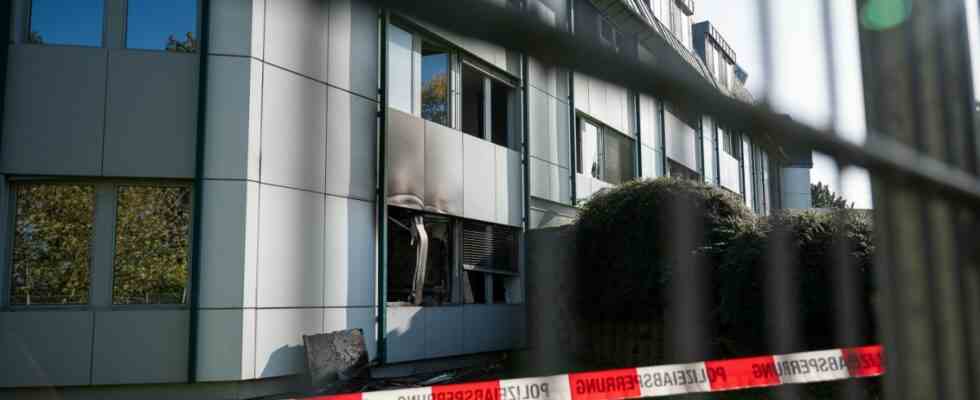Friedrich Merz intended to build a wall. It should be a firewall, placed between the CDU and AfD, with a crystal clear message to the state associations, “especially in the east”. Merz said before he was elected CDU chairman a year ago mirror: “If any of us raises our hand to work with the AfD, then there will be a party exclusion procedure the next day.”
If you take Merz at his word, then at least 19 party exclusion procedures should have been running in the Saxon CDU since this week. Because on Monday evening, the CDU parliamentary group in the district council of Bautzen voted almost unanimously in favor of an application by the AfD, which wants to reduce voluntary integration services in the district for asylum seekers who are obliged to leave the country.
In the matter, the decision will change little in the situation of refugees, said the Saxon Refugee Council and spoke of populism. Because most of the services are regulated at federal or state level, the district council now has to present a new version of the integration guidelines by March.
The symbolism, however, can hardly be overestimated: in a district where a refugee accommodation was set on fire just a few weeks ago, the CDU joins an anti-asylum application by the AfD. And while the party committees in Dresden and Berlin are audibly gnashing their teeth, those responsible in Bautzen see neither potential for excitement nor for correction. In terms of content, the application was “completely fine,” said CDU District Administrator Udo Witschas, who voted yes himself. “Basically, as an elected district administrator, it is irrelevant to me who makes an application in the district council.” District parliamentary group leader Matthias Grahl went to the Saxon newspaper one step further and said that they would not take part in “kindergarten games” and would only reject an application because it came from the AfD.
“Cooperation with the AfD is out of the question”
But that is exactly what the state and federal parties are demanding. Saxony’s CDU General Secretary Alexander Dierks hastily made it clear: “Cooperation with the AfD is out of the question for us and is out of the question.” And Prime Minister Michael Kretschmer (CDU), who has been on a confrontational course with the federal party for weeks with his Russia course, again very clearly ruled out any cooperation with the AfD. However, Kretschmer left a back door open and said that the application had to be looked at again. “Then you will find that you cannot say that you are against immigration.”
The argumentation was similar in Thuringia, where the AfD in the state parliament joined a motion by the CDU against gendering. SPD General Secretary Kevin Kühnert identified a deliberate shift in boundaries “to normalize voting majorities with the help of the AfD.” The CDU defended itself: The AfD is a right-wing extremist party. “But we cannot and will not put any substantive initiatives that correspond to our innermost convictions and our program openly to the vote just because we are afraid of applause from the wrong side,” said CDU parliamentary group leader Mario Voigt.
In the wind dispute in the spring, a wave of public outrage had prevented precisely that. Here, too, the AfD wanted to join a CDU draft that, against the will of the state government, was intended to push through greater distances between wind turbines and residential buildings. A compromise was negotiated at the last minute. Friedrich Merz said at the time: “We cannot make every application that we consider right dependent on whether the AfD agrees or not.”
The CDU leadership sounded even more uncompromising on this issue shortly after the FDP politician Thomas Kemmerich was briefly elected Prime Minister of Thuringia in February 2020 with votes from the AfD and the CDU. Back then had that Presidium of the CDU reaffirms the Hamburg party congress resolution of 2018 and found: “There can only be a clear edge and the sharpest demarcation between the Union and the AfD. Coalitions or any other type of cooperation are out of the question for upright Christian Democrats. That would be a betrayal of our Christian Democratic values.”
Saxony’s AfD parliamentary group leader Jörg Urban naturally has a completely different view of things: Of course there are talks between the AfD and the CDU at the municipal level, if only because “the CDU is programmatically closest to us”. One welcomes the fact that there are also politicians in the CDU “who act in the interests of their circle and do not subordinate themselves to the party doctrine from Berlin”.

